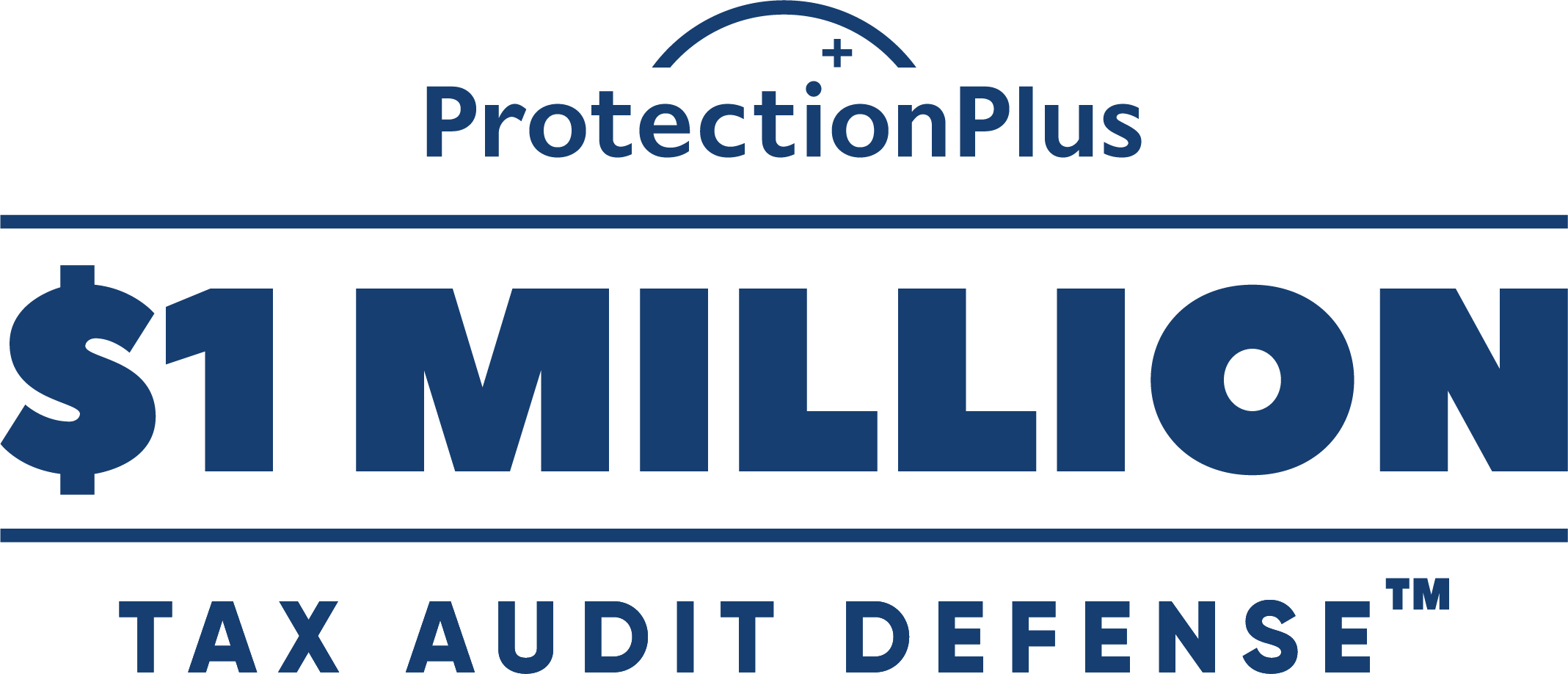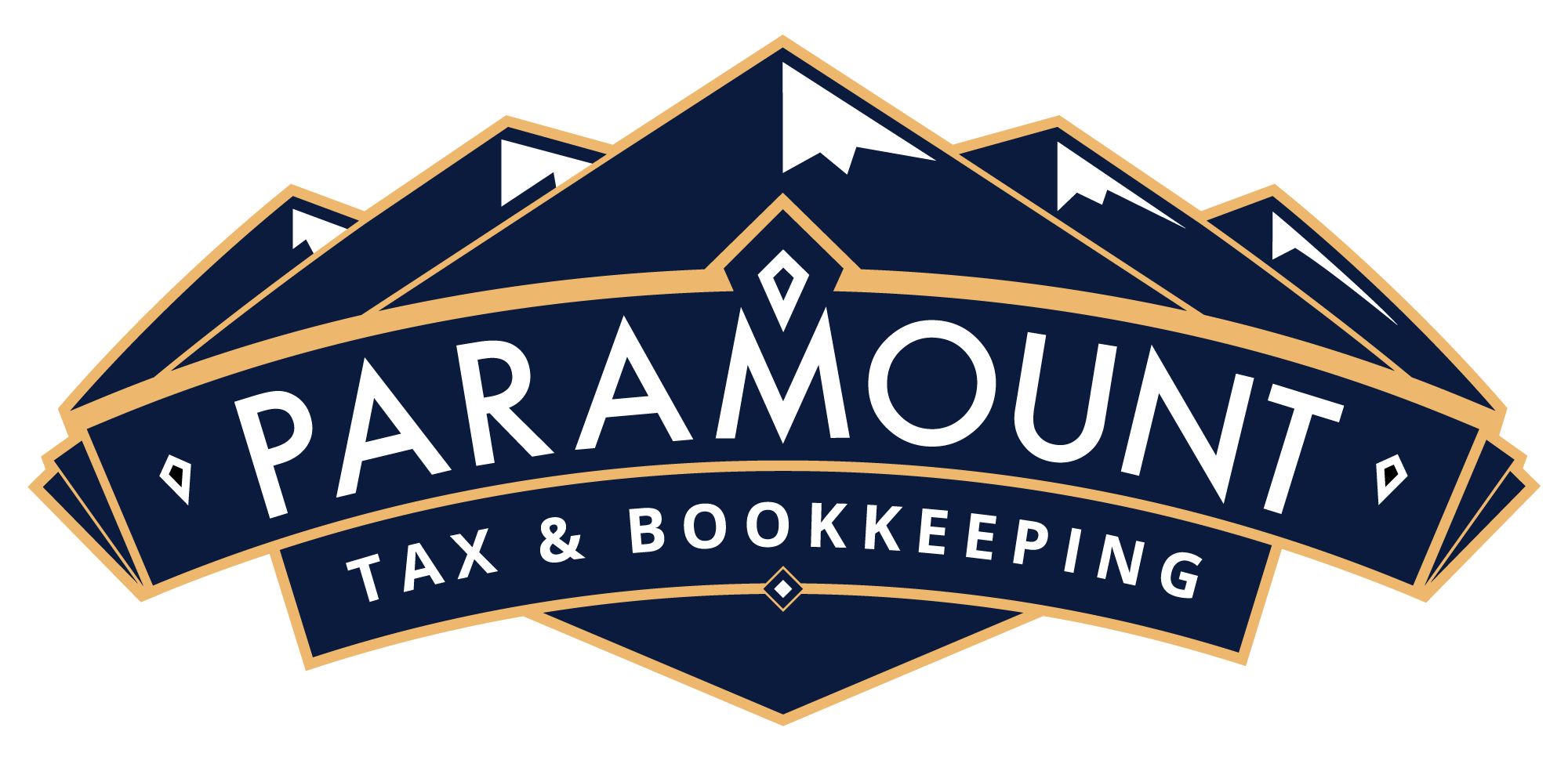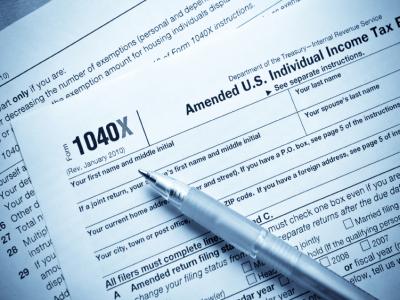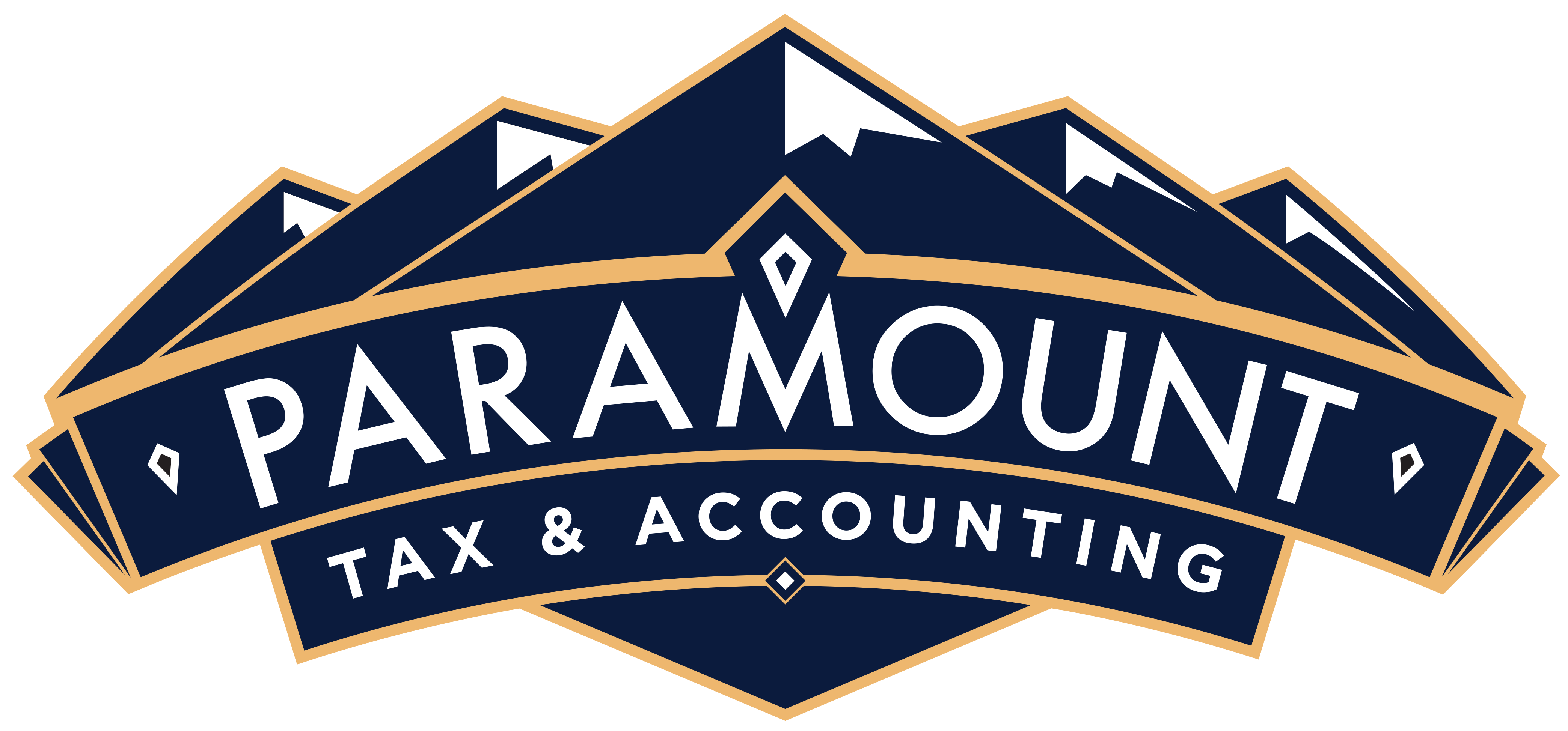Should you file an amended tax return?
Whether you already filed your yearly tax returns on time or perhaps after the tax deadline-- there is still a chance that you might receive information that was not included or you discover something that was missed such as a signifigant deduction. In this case, you may consider filing an amended tax return.
Do I have to file an amended return if I discover an error or receive new information?
There is no actual requirement to file an amended return and no penalty if you don't, even if you discover an error or deductions were not counted properly (such as state taxes, mortgage interest, or a sizable charity contributions). Filing is not required even if new information comes to light (such as receiving a revised 1099 or K-1)-- although in the latter case, the IRS recommends you do amend. Worthless securities and bad debts also may merit an amendment -- and taxpayers have up to seven years to go back and claim those losses.
Is it worth the time and costs to amend my return?
Determining if amending your return(s) is actually worth your time and money vs the reward it can potentially return is something a tax professional such as Paramount Tax & Bookkeeping in Plano can help you best understand. Our amended tax return specialists in Plano can investigate returns as far back as 3 years to find any errors or missed deductions. We can then calculate if you can expect just a meager increase in your refund or if the increase in your refund is potentially larger. By estimating how much your increase will be ahead of filing the amended return, you can decide if the investment in time and money is worth the increase!
What to consider if you amend your return(s)
Consider that if you decide to amend, you can't just correct the items that will give you a refund and neglect those that increase your tax liability. An amended return is more likely to be audited than an original return in general, and every tax return is filed under penalty of perjury, so amending just partial pieces and parts of a tax return could get you into serious trouble. This is why you should always trust a tax advisor to prepare and file your amendments.
If your amended return results in asking for considerable money back, the IRS may review it even more carefully, although you can always choose to apply all or part of the expected refund to your current year's tax instead of asking for cash back.
It's worth noting that amended returns are only filed on paper via Form 1040X even if you filed your original return electronically and whether you previously filed Form 1040, 1040A, or 1040EZ. If you are amending more than one tax return (i.e. for different years), you will need to prepare a separate 1040X for each return.
Timing an Amended Tax Return
Timing counts when it comes to amending a tax return, and there is a select timeframe available. It's commonly stated that you must amend within three years of your original return filing. However, the cutoff is actually three years from the date you filed your original return or two years from the date you paid the tax for the return you wish to amend, whichever is later.
The IRS typically has three years to audit a tax return. Even if you file an amended return, the three-year statute of limitations does not get extended. The amount of time left on the three-year window when you amend can be used to your advantage to assuage the worry of an audit. However, if it shows that you owe more, you will owe additional interest calculated from the due date of the original return (without regard to extensions) and probably penalties as well.
Possible Reasons NOT to Amend
- It's important to first ask yourself whether the tax return you filed was accurate to the best of your knowledge when you filed it. If so, it's an okay bet to decide not to file an amended return.
- If you simply discover a math error in your calculations, the IRS says there is no need to file an amended return. Their computers or paper-file reviewers will catch the error and correct any amount owed or due to you.
- If you forgot to attach certain paperwork to your return, such as a W-2, 1099, or schedules to show your work for different areas of the return, the IRS will likely be able to process your return without it or will send you a letter requesting the missing information.
Contact our accountingbookkeeping firm in Plano for a free Amended Tax Return consultation!




